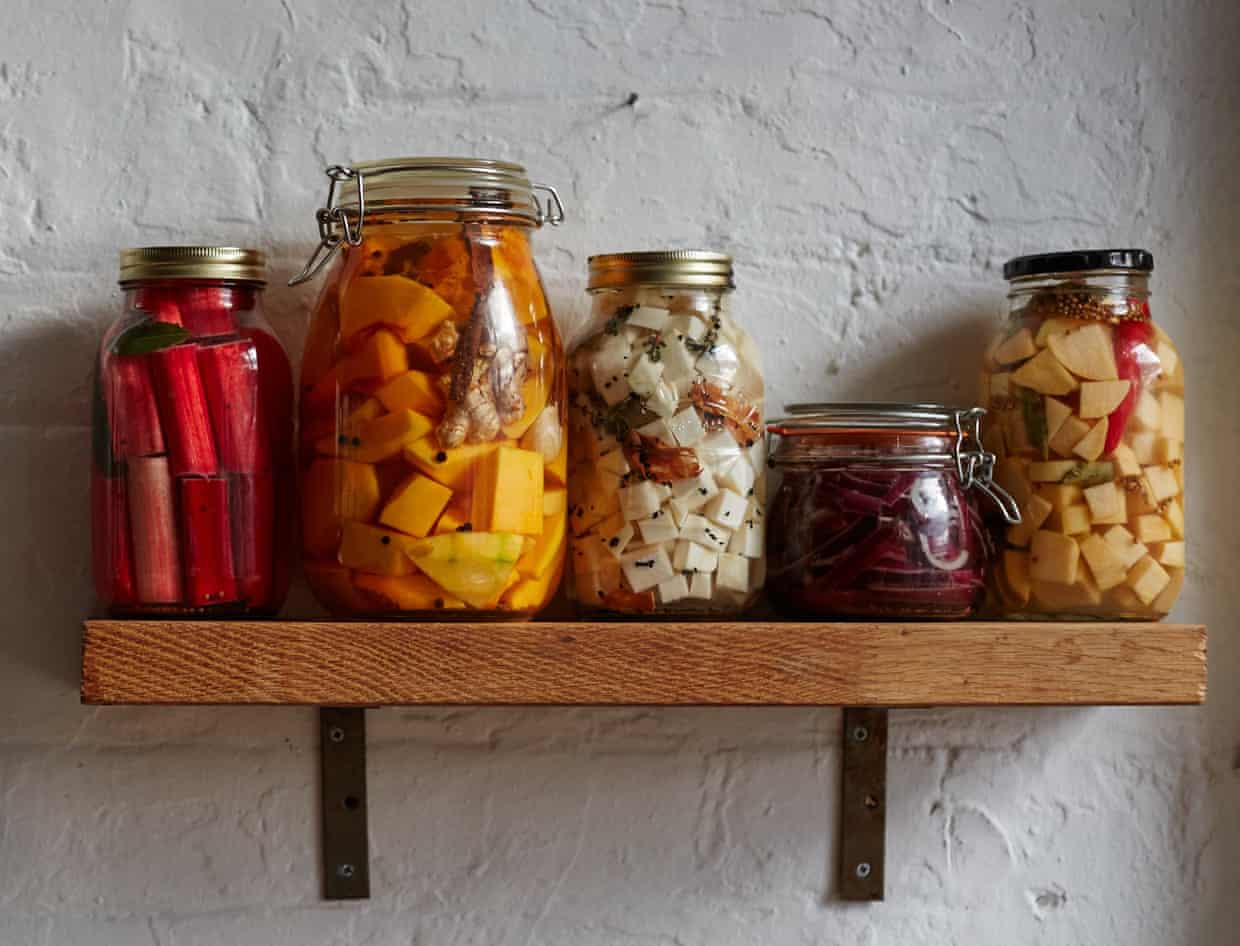Meta found in breach of EU law over ‘ineffective’ complaints system for flagging illegal content

Instagram and Facebook have breached EU law by failing to provide users with simple ways to complain or flag illegal content, including child sexual abuse material and terrorist content, the European Commission has said.In a preliminary finding on Friday, the EU’s executive body said Meta, the $1.8tn (£1.4tn) California company that runs Instagram and Facebook, had introduced unnecessary steps in processes for users to submit reports.It said both platforms appeared to use deceptive design – known as “dark patterns” – in the reporting mechanism in a way that could be “confusing and dissuading” to users.
The commission found this amounted to a breach of the company’s obligations under the EU-wide Digital Services Act (DSA), and meant that “Meta’s mechanisms to flag and remove illegal content may be ineffective”,Meta denies it has breached the act,“When it comes to Meta, neither Facebook nor Instagram appear to provide a user-friendly and easily accessible ‘notice and action’ mechanism for users to flag illegal content such as child sexual abuse material and terrorist content,” the commission said,A senior EU official said the case was not only about illegal content, but also about freedom of speech and “moderation that has gone too far”,In the past, Facebook has been accused of “shadow banning” users on issues such as Palestine, meaning their content is demoted by the algorithm.
The current mechanisms for complaints were “too difficult for users to go through to the end”, resulting not just in ineffectiveness but a disincentive for users to get in touch, the official said.Campaigners have continued to allege safety shortcomings in some of Meta’s products.Last month, a Meta whistleblower, Arturo Béjar, published research he said showed that the majority of new safety tools rolled out on Instagram were ineffective, leaving children under 13 not safe on the platform.Meta rejected the report’s findings and said parents had robust tools at their fingertips.The company introduced mandatory teen accounts on Instagram in September 2024, and it said this month it would adopt a version of the PG-13 cinema rating system to give parents stronger controls over their teenagers’s use of the social media platform.
The commission also said Meta made things difficult for users whose content had been blocked or their accounts suspended.It found the decision appeal mechanism did not appear to allow users to provide explanations or evidence to substantiate their appeals, limiting its effectiveness.The commission said simplification of the feedback system would also help the platforms eliminate fake news such as the deepfake video in Ireland claiming the leading presidential election candidate, Catherine Connolly, was pulling out of Friday’s election.The investigation, which is ongoing, was carried out in cooperation with Coimisiún na Meán, the Irish digital services coordinator responsible for regulating the platforms, whose EU headquarters are in Dublin.The commission also made a preliminary finding that TikTok and Meta were in breach of their obligation to grant researchers adequate access to public data that could be used to check on how far minors are exposed to illegal or harmful content.
It said researchers were often left with partial or unreliable data.“Allowing researchers access to platforms’ data is an essential transparency obligation under the DSA, as it provides public scrutiny into the potential impact of platforms on our physical and mental health,” the commission said.The preliminary findings allow the platforms time to comply with the commission’s demands.If they do not, they face a fine of up to 6% of total worldwide annual turnover, with periodic penalty payments to compel compliance.Sign up to Business TodayGet set for the working day – we'll point you to all the business news and analysis you need every morningafter newsletter promotionHenna Virkkunen, the commission’s executive vice-president for tech sovereignty, security and democracy, said: “Our democracies depend on trust.
That means platforms must empower users, respect their rights and open their systems to scrutiny.“The DSA makes this a duty, not a choice.With today’s actions, we have now issued preliminary findings on researchers’ access to data to four platforms.We are making sure platforms are accountable for their services, as ensured by EU law, towards users and society.”A Meta spokesperson said: “We disagree with any suggestion that we have breached the DSA, and we continue to negotiate with the European Commission on these matters.
In the European Union, we have introduced changes to our content reporting options, appeals process, and data access tools since the DSA came into force and are confident that these solutions match what is required under the law in the EU.”TikTok said it was not possible to fully share data about its platform with researchers without breaking separate GDPR data protection rules.“TikTok is committed to transparency and values the contribution of researchers to our platform and the wider industry,” a spokesperson said.“We have made substantial investments in data sharing and almost 1,000 research teams have been given access to data through our research tools to date.“We are reviewing the European Commission’s findings, but requirements to ease data safeguards place the DSA and GDPR in direct tension.
”The company urged regulators to “provide clarity on how these obligations should be reconciled”.

Rachel Roddy’s recipe for leftover polenta biscuits | A kitchen in Rome
This, then, was the situation: it was Friday night after a long week, and having met a friend on the way home for a glass of wine, which arrived with crisps, taralli, dry roasted peanuts and enough salt that we needed another glass, it seemed a good idea to go home and cook polenta – the long-stir sort as opposed to the instant variety, although I always have that in the cupboard, too. Another good idea, which came to me as I pulled a new packet from the back of the dresser and ignored the flutter of tiny wings, was to make more than enough polenta and pour the extra into a Pyrex dish while it was still hot, so it could set into a block to be cut into slices and grilled the next day.I’ve written about polenta before; how the word is ancient and generic – referring to any mushy dish made from cereal flour and water – and how, after its arrival in Europe in the 1600s, it became synonymous with ground maize. There exists a world of different grades and milling, but, broadly speaking, when you buy ground maize (cornmeal) for polenta, you will have two options: finely ground (which might also be white) for a soft, thin polenta, and coarsely ground, which will have glassy-looking grains and makes an excellent body scrub and a harder, tastier polenta. The latter also takes much longer to cook, anything from 40 minutes to several hours, depending on who (or which packet) you consult, although in my experience an hour is almost always enough, and anything beyond that is more a way of deepening the flavour

Don’t chuck your parmesan rind – it is an excellent stock cube – recipe | Waste not
Parmesan rinds are the ultimate zero-waste hack – like a cheesy stock cube, they enrich stews, sauces and all sorts, and add pure deliciousness in the form of umami depth and creamy texture. Stored in the fridge or freezer, they keep almost indefinitely. This week’s recipe uses them in a thrifty, creamy corn orzo that transforms a few simple ingredients into comforting autumn fare.This dish was a happy accident, and left me and my family drooling for more. I was planning a classic tomato orzo to use up that half-bag in the cupboard left over from making a pasta salad, but wanted something more seasonal

No waste, all taste: Max La Manna’s comfort food pantry-raid recipes
Cooking with little to no waste isn’t about rules; it’s about rethinking old habits. Take inventory of the food you already have (I like taking a photo of my fridge and pantry before I go shopping), stick to your list and buy only what you need. Make sure you store it properly, too, so it lasts longer, and don’t forget to cook with a bit of curiosity: that bendy carrot, yesterday’s rice, the broccoli stem you’d normally bin – they all have potential. Start small, and trust me: you’ll notice the wins in no time, saving money, time and food from the bin. For me, low-waste cooking isn’t restrictive, it’s liberation

When restaurateurs go rogue: is it right to lambast locals who won’t come and dine with you?
An Italian restaurant shut up shop last week, with an angry and disappointed farewell note, blaming ‘neighbours’ for a lack of support ...Name: Unappreciative customers.Age: In the case of Don Ciccio, six years

If you like piña coladas: how to make slushies at home without a machine
It promises icy, refreshing drinks, and for a cool $179, this slushie maker is yours – if you can find one.Australian TikTok users have become fixated on a Kmart slushie machine, apparently a budget version of the equally viral Ninja slushie machine (RRP A$499), with users posting videos and reviews of their frosty, fruity extrusions. One Australian video has racked up 2.7m views, and the appliance has sold out online. But with Kmart supply chains under scrutiny and the knowledge that culinary trends and the very specific appliances needed to make them are passing fads, not everyone wants to – or has to – buy a machine to make slushies this summer

Pickle power: how to make your first ferments | Kitchen aide
I love ferments and want to start making my own to save money. Where should I start? Ben, by email“Maybe with some carrots, onions, cucumber or beetroot – anything Ben has an excess of,” says Connor Wilson, head chef at The Kirkstyle Inn in Slaggyford, Northumberland. “Fermentation is a great way of preserving produce, but it won’t give new life to things that are past their best.”That said, tired-looking carrots would be perfect for Olia Hercules’ go-to for newbie fermenters: “If they look dehydrated but without any rotting, they’re amazing to ferment,” says the author of Strong Roots. “The sugars concentrate and you get this bright carrot flavour

Wall Street and FTSE 100 hit record highs after US inflation report fuels interest rate cut hopes – as it happened

Nigel Farage seeks influence over Bank of England in same vein as Trump and US Federal Reserve

Meta found in breach of EU law over ‘ineffective’ complaints system for flagging illegal content

Amazon reveals cause of AWS outage that took everything from banks to smart beds offline

Kildunne, Kabeya and a cracker: Quins kick off Premiership Women’s Rugby season in style

Blue Jays batter Dodgers with nine-run sixth inning to take World Series opener